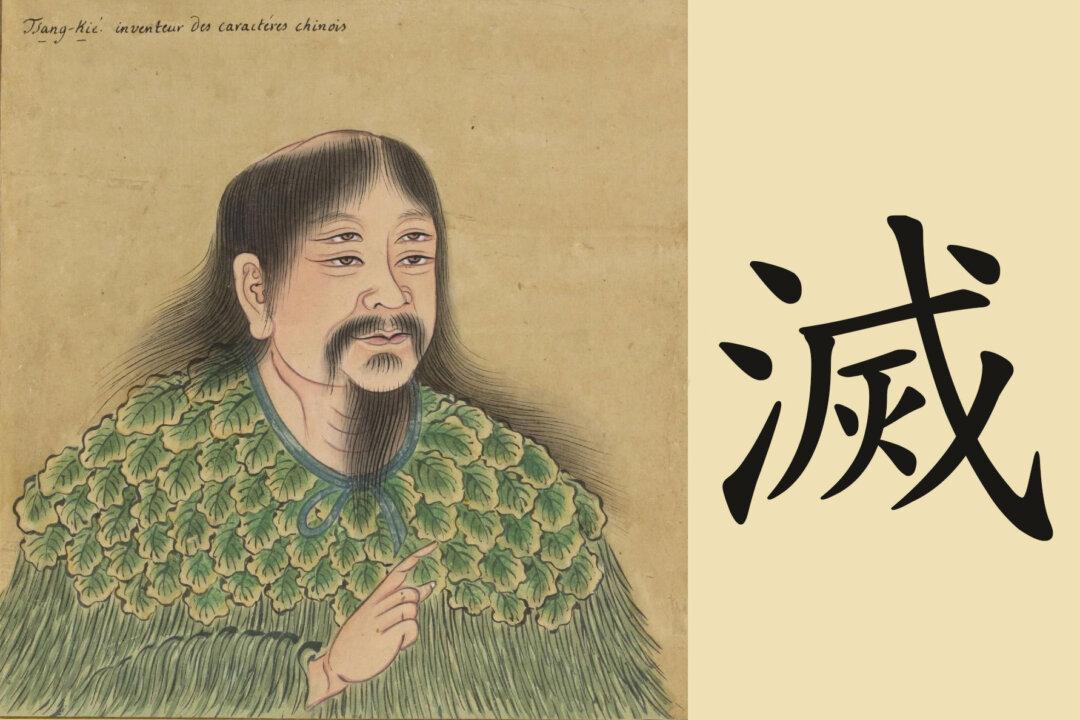There is an old saying in China: In a conflict, when you hold your temper, you will avoid a tempest; when you take a step back, you will find the sea and the sky boundless.
This saying was illustrated by Zhai Fangjin, who lived during the end of the Western Han Dynasty more than 2,000 years ago.
Zhai’s hometown was in Shangcai County, Henan Province. The county still carries the same name today, but this ancient place is unfortunately now known for its AIDS villages.

Shangcai, a China county name dating from the ancient past. Internet photo




